
The Silver Stair
孤本;现货!非代购!非“海外库房”发货!
¥ 9000 九品
仅1件
作者Charles Williams
出版社London: Herbert and Daniel
出版时间1912
印刷时间1912
装帧精装
上书时间2022-09-03
- 在售商品 暂无
- 平均发货时间 1小时
- 好评率 暂无
- 店主推荐
- 最新上架
商品详情
- 品相描述:九品
- 作者的第一本诗集,印刷量很少,图书馆藏书
- 商品描述
-
Charles Walter Stansby Williams (20 September 1886 – 15 May 1945) was a British poet, novelist, playwright, theologian, literary critic, and member of the Inklings. Williams was born in London in 1886, the only son of (Richard) Walter Stansby Williams (1848–1929), a journalist and foreign business correspondent for an importing firm, writing in French and German,[1][2] who was a 'regular and valued' contributor of verse, stories and articles to many popular magazines,[3] and his wife Mary (née Wall, the sister of the ecclesiologist and historian J. Charles Wall[3]), a former milliner,[4] of Islington. He had one sister, Edith, born in 1889. The Williams family lived in 'shabby-genteel' circumstances, owing to Walter's increasing blindness and the decline of the firm by which he was employed, in Holloway.[4]
In 1894 the family moved to St Albans in Hertfordshire, where Williams lived until his marriage in 1917.[5]
Educated at St Albans School, Williams was awarded a scholarship to University College London, but he left school in 1904 without attempting to gain a degree due to an inability to pay tuition fees.
Williams began work in 1904 in a Methodist bookroom. He was hired by the Oxford University Press (OUP) as a proofreading assistant in 1908 and quickly climbed to the position of editor. He continued to work at the OUP in various positions of increasing responsibility until his death in 1945. One of his greatest editorial achievements was the publication of the first major English-language edition of the works of Søren Kierkegaard.[6]
Although chiefly remembered as a novelist, Williams also published poetry, works of literary criticism, theology, drama, history, biography, and a voluminous number of book reviews. Some of his best known novels are War in Heaven (1930), Descent into Hell (1937), and All Hallows' Eve (1945).[7] T. S. Eliot, who wrote an introduction for the last of these, described Williams's novels as "supernatural thrillers" because they explore the sacramental intersection of the physical with the spiritual while also examining the ways in which power, even spiritual power, can corrupt as well as sanctify. All of Williams's fantasies, unlike those of J. R. R. Tolkien and most of those of C. S. Lewis, are set in the contemporary world. Williams has been described by Colin Manlove as one of the three main writers of "Christian fantasy" in the twentieth century (the other two being C.S. Lewis and T. F. Powys).[8] More recent writers of fantasy novels with contemporary settings, notably Tim Powers, cite Williams as a model and inspiration. W. H. Auden, one of Williams's greatest admirers, reportedly re-read Williams's extraordinary and highly unconventional history of the church, The Descent of the Dove (1939), every year. Williams's study of Dante entitled The Figure of Beatrice (1944) was very highly regarded at its time of publication and continues to be consulted by Dante scholars today. His work inspired Dorothy L. Sayers to undertake her translation of The Divine Comedy. Williams, however, regarded his most important work to be his extremely dense and complex Arthurian poetry, of which two books were published, Taliessin through Logres (1938) and The Region of the Summer Stars (1944), and more remained unfinished at his death. Some of Williams's essays were collected and published posthumously in Image of the City and Other Essays (1958), edited by Anne Ridler.
Williams gathered many followers and disciples during his lifetime. He was, for a period, a member of the Salvator Mundi Temple of the Fellowship of the Rosy Cross. He met fellow Anglican Evelyn Underhill (who was affiliated with a similar group, the Order of the Golden Dawn) in 1937 and was later to write the introduction to her published Letters in 1943.[9]
When World War II broke out in 1939, Oxford University Press moved its offices from London to Oxford. Williams was reluctant to leave his beloved city, and Florence refused to go. From the nearly 700 letters he wrote his wife during the war years a generous selection has been published; "primarily… love letters," the editor calls them.[10] But the move to Oxford did allow him to participate regularly in Lewis’s literary society known as the Inklings. In this setting Williams was able to read (and improve) his final published novel, All Hallows' Eve, as well as to hear J. R. R. Tolkien read aloud to the group some of his early drafts of The Lord of the Rings. In addition to meeting in Lewis's rooms at Oxford, they also regularly met at The Eagle and Child pub in Oxford (better known by its nickname "The Bird and Baby"). During this time Williams also gave lectures at Oxford on John Milton, William Wordsworth, and other authors, and received an honorary M.A. degree. Williams is buried in Holywell Cemetery in Oxford: his headstone bears the word "poet", followed by the words "Under the Mercy", a phrase often used by Williams himself
相关推荐
-

英文 Climbing the stair
八五品西安
¥ 35.00
-

Beyond the Golden Stair
九品广州
¥ 56.00
-

UP THE DOWN STAIR CASE
八五品北京
¥ 20.00
-

UP THE DOWN STAIR CASE
八五品菏泽
¥ 20.00
-

The Ruffian on the Stair
九品兰州
¥ 19.00
-
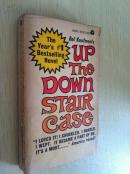
Up The Down Stair Case
八品广州
¥ 75.00
-
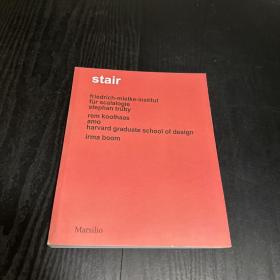
Stair
八五品北京
¥ 300.00
-

The Iron Stair Case【英文原版】
八品晋中
¥ 39.00
-

The Silver Chair
八五品衡水
¥ 9.80
-

The Silver Chair
九品北京
¥ 72.00
— 没有更多了 —
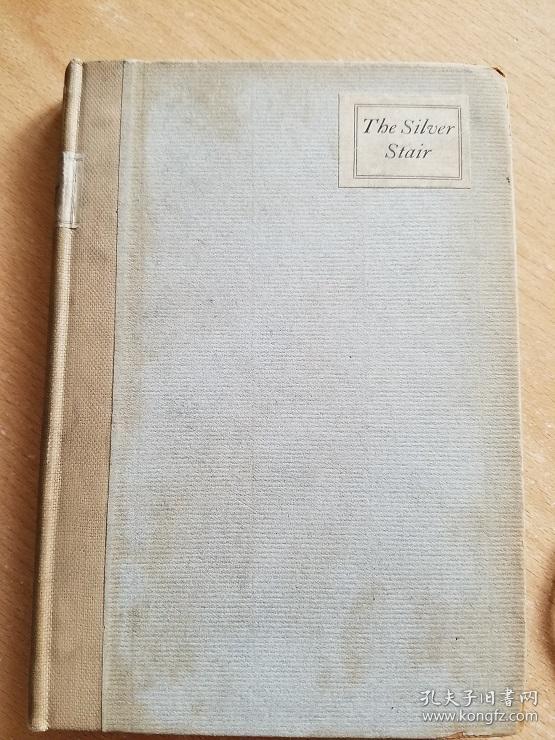
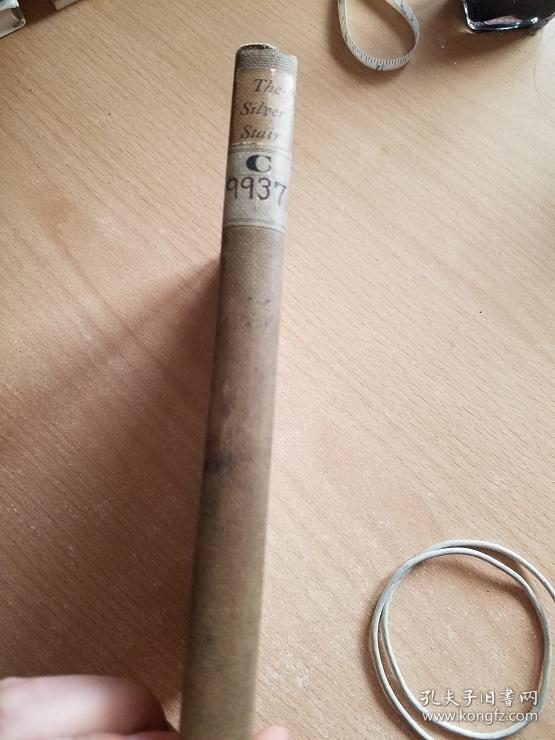
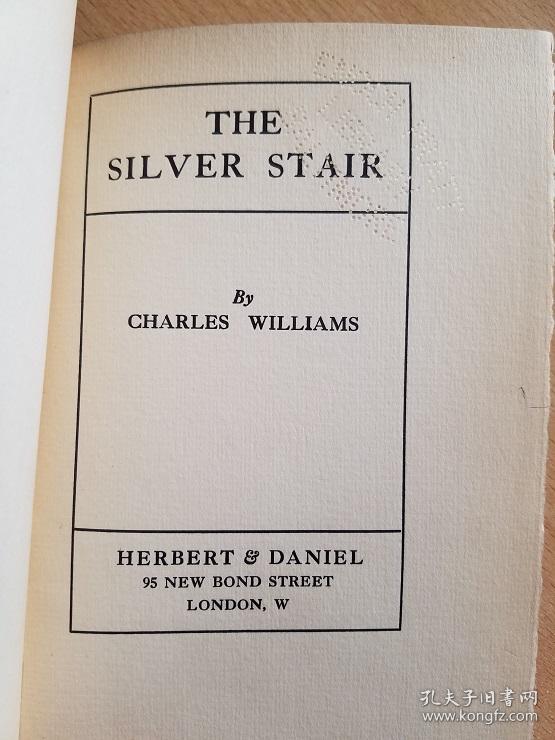








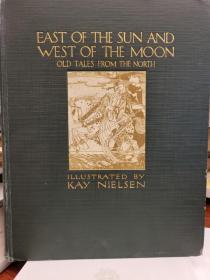
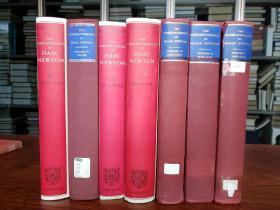

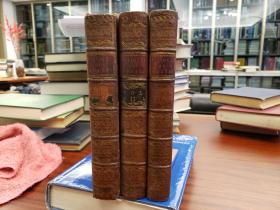
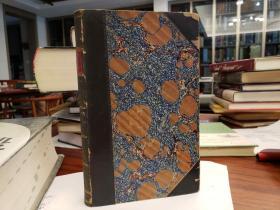
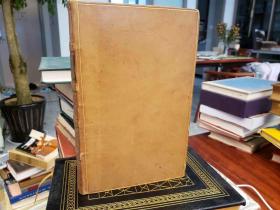



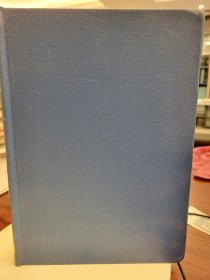

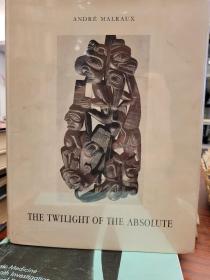

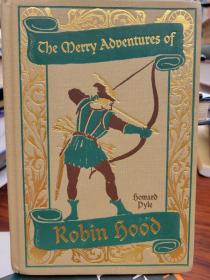






以下为对购买帮助不大的评价